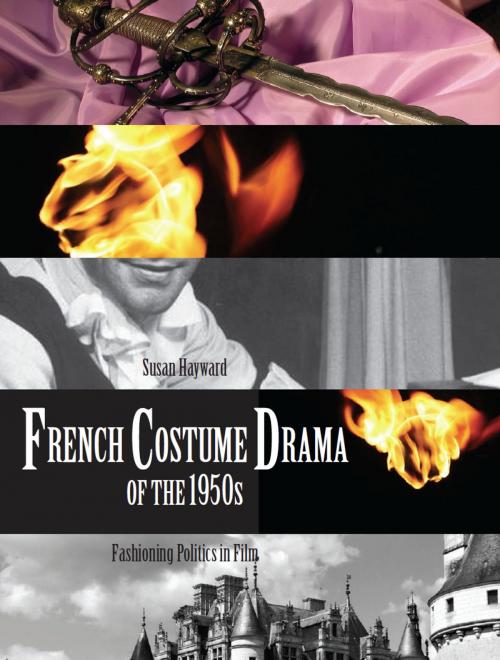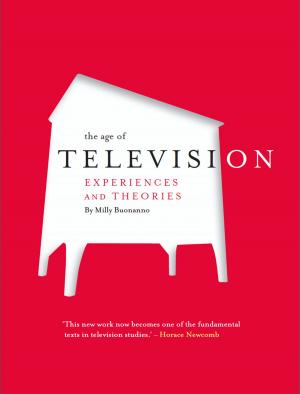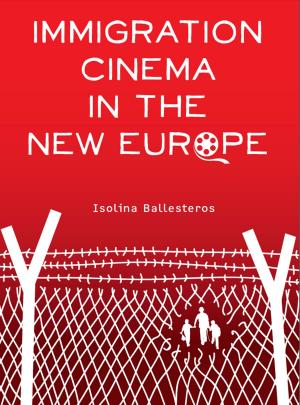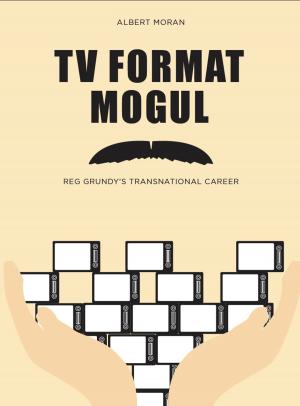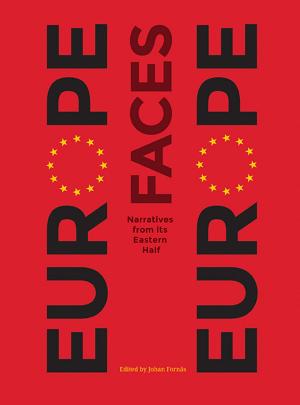French Costume Drama of the 1950s
Fashioning Politics in Film
Nonfiction, Entertainment, Film, History & Criticism, Performing Arts| Author: | Susan Hayward | ISBN: | 9781841504346 |
| Publisher: | Intellect Books Ltd | Publication: | April 27, 2011 |
| Imprint: | Intellect | Language: | English |
| Author: | Susan Hayward |
| ISBN: | 9781841504346 |
| Publisher: | Intellect Books Ltd |
| Publication: | April 27, 2011 |
| Imprint: | Intellect |
| Language: | English |
When political and civil unrest threatened France’s social order in the 1950s, French cinema provided audiences a seemingly unique form of escapism from such troubled times: a nostalgic look back to the France of the nineteenth and earlier centuries, with costume dramas set in the age of Napoleon, the Belle Époque, the Revolution and further back still to seventeenth-century swashbuckler adventures and tales of mystery and revenge. Film critics, have routinely dismissed this period and this genre of French cinema, overlooking its importance in terms of political cultural history. French Costume Drama of the 1950s redresses this balance, exploring a diverse range of films including Guitry’s Napoléon (1955), Vernay’s Le Comte de Monte Cristo (1953), and Le Chanois’ Les Misérables (1958) to expose the political cultural paradox between nostalgia for a lost past and the drive for modernization.
When political and civil unrest threatened France’s social order in the 1950s, French cinema provided audiences a seemingly unique form of escapism from such troubled times: a nostalgic look back to the France of the nineteenth and earlier centuries, with costume dramas set in the age of Napoleon, the Belle Époque, the Revolution and further back still to seventeenth-century swashbuckler adventures and tales of mystery and revenge. Film critics, have routinely dismissed this period and this genre of French cinema, overlooking its importance in terms of political cultural history. French Costume Drama of the 1950s redresses this balance, exploring a diverse range of films including Guitry’s Napoléon (1955), Vernay’s Le Comte de Monte Cristo (1953), and Le Chanois’ Les Misérables (1958) to expose the political cultural paradox between nostalgia for a lost past and the drive for modernization.
